|
See What’s Happening at HAFA
|
Season’s Greetings from HAFA!

Season’s greetings from the HAFA staff! The farm is closed and covered with a bed of snow. We just finished a series of one to ones with our farmers and their children. And we are completing our budget and planning for 2018. Can you believe the holiday season is upon us? It’s the time of year that people gather with their families and friends to reflect on the past year and celebrate community. At HAFA, we have a set of core values that guide our work, and it’s especially prominent during this time of celebration. These values are varied, but some of our core values include focusing on the farmer and his or her family and a strong commitment to innovation and building community. It was those values that were exalted when we were recently awarded the Bush Prize—a recognition given to organizations that have a track record of making great ideas happen. Thank you to the Bush Foundation for this award and hurray to HAFA, our farmers and to all of you for supporting our work!
In this season of reflection, we wanted to review some of our key accomplishments this year:
- Added five new staff members to the organization for a total of 14 full time staffers
- Completed a full season of growing specialty crops in the high tunnel to test the efficacy of certain crops in maximizing profits with minimal labor

- Acquired a 16 foot, refrigerated truck to deliver our CSA and wholesale contracts year round

- Welcomed over 800 visitors to the HAFA Farm

- Incorporated the Vameng Produce Value Added Cooperative for bulk purchasing
- Collaborated with ArtCrop to introduce art into this year’s Thanksgiving CSA

 Lastly, at our annual brain dump – an event where we reflect on the previous year, refine our systems and lastly, write guidance documents to archive our core procedures – we asked ourselves, “How do our core values influence the spirit of our work?” One person who immediately answered that question was Yao Yang, Organizer and HAFA’s Food Hub Director for the past three years.
Lastly, at our annual brain dump – an event where we reflect on the previous year, refine our systems and lastly, write guidance documents to archive our core procedures – we asked ourselves, “How do our core values influence the spirit of our work?” One person who immediately answered that question was Yao Yang, Organizer and HAFA’s Food Hub Director for the past three years.
Yao said, “When I first started [at HAFA], I really didn’t understand what it meant to focus on farmers. [All] I knew was that I wanted to serve farmers… [But] now that I’ve worked with HAFA all these years, I see it– serving farmers isn’t just helping them, but creating conditions where they can help themselves. [The spirit of my work] is about trying to build equity for our farmers so that they have a better quality of life, [see that their] work really does matter, and [have] integrity. [My job is to] make sure that farmers can continue to farm, because [honestly] who else is going to do it, right?”
Yao Yang is leaving HAFA at the end of the month, but her insights also reflect the enormous impact she has made on our farmers and the growth of the HAFA Food Hub from a pilot project to a formidable, racial-equity framed, food aggregation operation. Thank you, Yao! And thank you again for all your support this past year.
Please consider donating to HAFA at the end of this year and join us on January 10th from 9-11 AM when we host a blessing ceremony and an Open House for our new office located at 149 Thompson Avenue East, Suite 210 in West Saint Paul, MN 55118. Happy Holidays!

Stories of Success: Working towards a more sustainable and fairer food economy for all
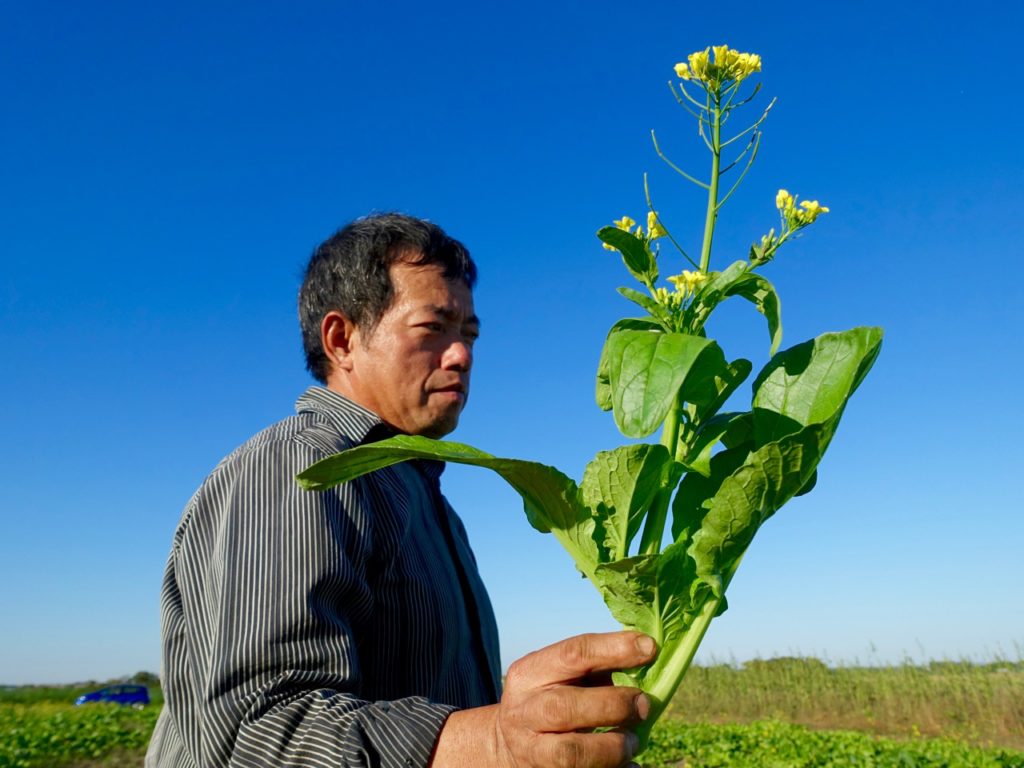 s we move into the final weeks of 2016 at HAFA, we are fondly looking back on our accomplishments, and diligently planning for next year. These past successes are particularly important to HAFA because they signify that we are growing as an organization, but also they show how our farmers are seizing previously inaccessible opportunities and growing community wealth.
s we move into the final weeks of 2016 at HAFA, we are fondly looking back on our accomplishments, and diligently planning for next year. These past successes are particularly important to HAFA because they signify that we are growing as an organization, but also they show how our farmers are seizing previously inaccessible opportunities and growing community wealth.Hmong farmers help pass urban farming-friendly law
 Last fall, a HAFA farmer came outside from their home in Saint Paul to find a hefty fine on their truck that they used to transport fresh, local produce to the farmers market.
Last fall, a HAFA farmer came outside from their home in Saint Paul to find a hefty fine on their truck that they used to transport fresh, local produce to the farmers market.
After almost six months of working with Council Member Russ Stark’s office, HAFA finally got a parking exemption for urban farmers and their commercial box trucks that are used to haul fresh produce to and from the farm and farmers markets! In May, the Saint Paul City Council voted to allow the farmers to be exempt from this parking restriction for the months of March to November since those are the peak farming months.
Before this exemption, farmers’ box trucks could be ticketed and impounded at fines upwards of $1,000 if they were parked in residential streets. At the end of the day, farmers are driving back and forth from the farm, the farmers markets and their homes and the trucks are rarely even parked. However, the farmers wanted to follow the law and did not want to risk getting ticketed.
Still, this exemption only allows one truck per residence. We are happy that the Council has asked for more research to be done into the possibility of allowing two trucks per residence because we believe this limits the growth of urban farmers.
This month, we are celebrating by helping farmers apply to take advantage of the ability to park their truck during the growing season and we look forward to continuing to make our voices heard in Saint Paul to encourage our local food economy and small farmers to thrive.
HAFA farmers get their first taste of beekeeping
 This past month, we trained 9 HAFA members in beekeeping. They went through two trainings, painted their hives and then I worked with all the members to start their hives. Their dedication and devotion to learning how to keep bees on the farm has been an exciting surprise!
This past month, we trained 9 HAFA members in beekeeping. They went through two trainings, painted their hives and then I worked with all the members to start their hives. Their dedication and devotion to learning how to keep bees on the farm has been an exciting surprise!
Last year I went through extensive training with the Bee Lab at the University of Minnesota to be able to develop our HAFA beekeeping program and give HAFA farmers the information they need to train the next person. So the trainer trains the trainee to be a trainer.
We tend the bees unveiled and unsuited. Most people wear a bee suit, hat and veil. But I am proud to say that many of HAFA farmers are comfortable enough around bees without protective gear. This shows that they are confident in tending the bees without harming them.
There’s a misconception about honeybees in the media and society.  The bees we keep on the farm are a European species which are scientifically known as Apis mellifera ligustica. They are some of most gentle bees. These bees can tolerant northern climates and produce massive honey.
The bees we keep on the farm are a European species which are scientifically known as Apis mellifera ligustica. They are some of most gentle bees. These bees can tolerant northern climates and produce massive honey.
Many people ask why we keep bees on the farm. Our intention is to pollinate the fields and help restore the colonies because we are committed to preserving nature’s key species. The bee population has been decimated over many decades due to heavy use of chemicals, parasitic mites, loss of natural habitation and diseases. Without bees we would not be able to eat 1/3 of our diet. Not only us but other natural beings like deer, bats, birds, and insects that are all part of the ecosystem depend on pollination. What would the world look like if fruits and vegetables didn’t exist in our diet?

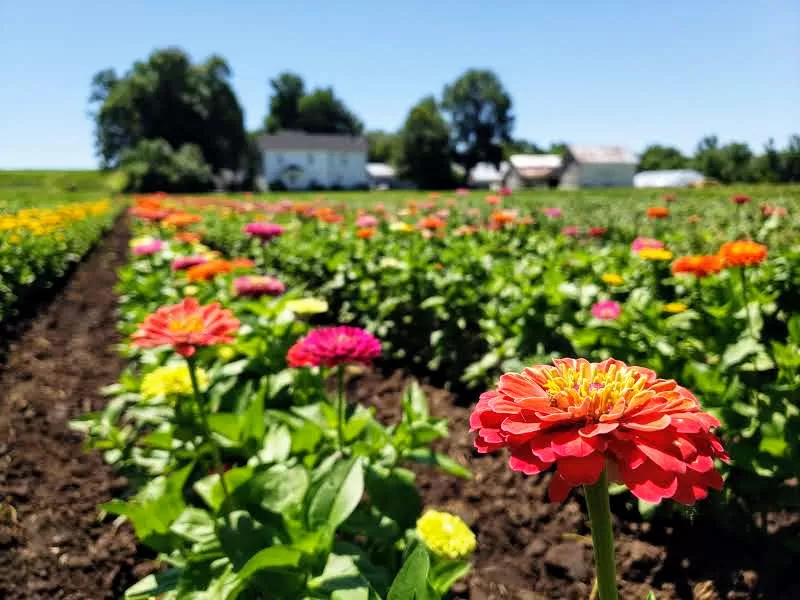








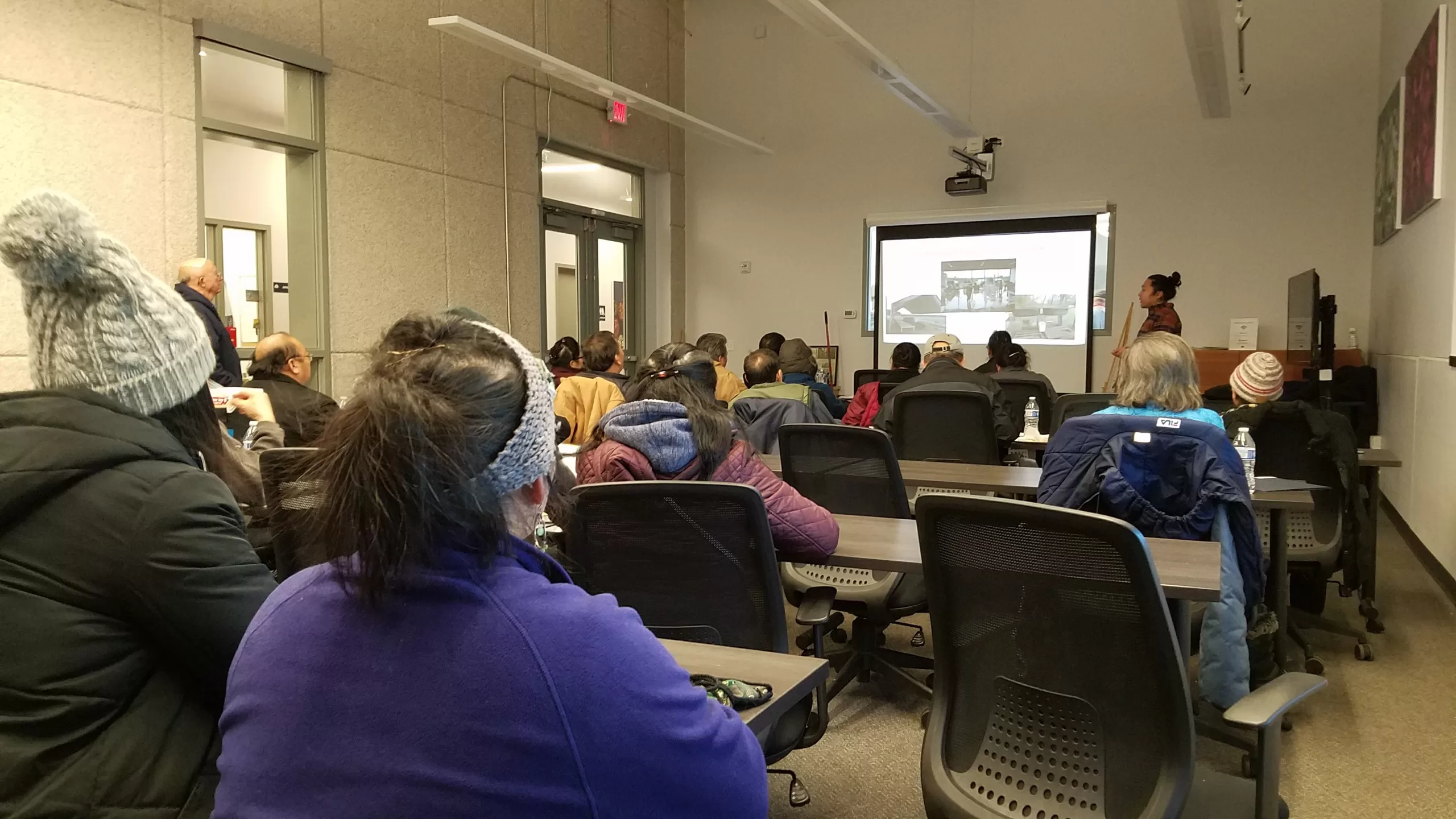



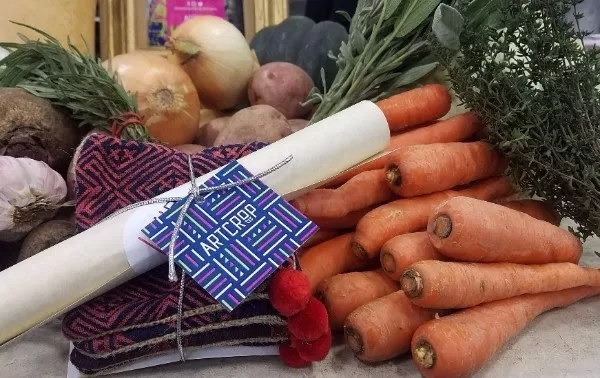
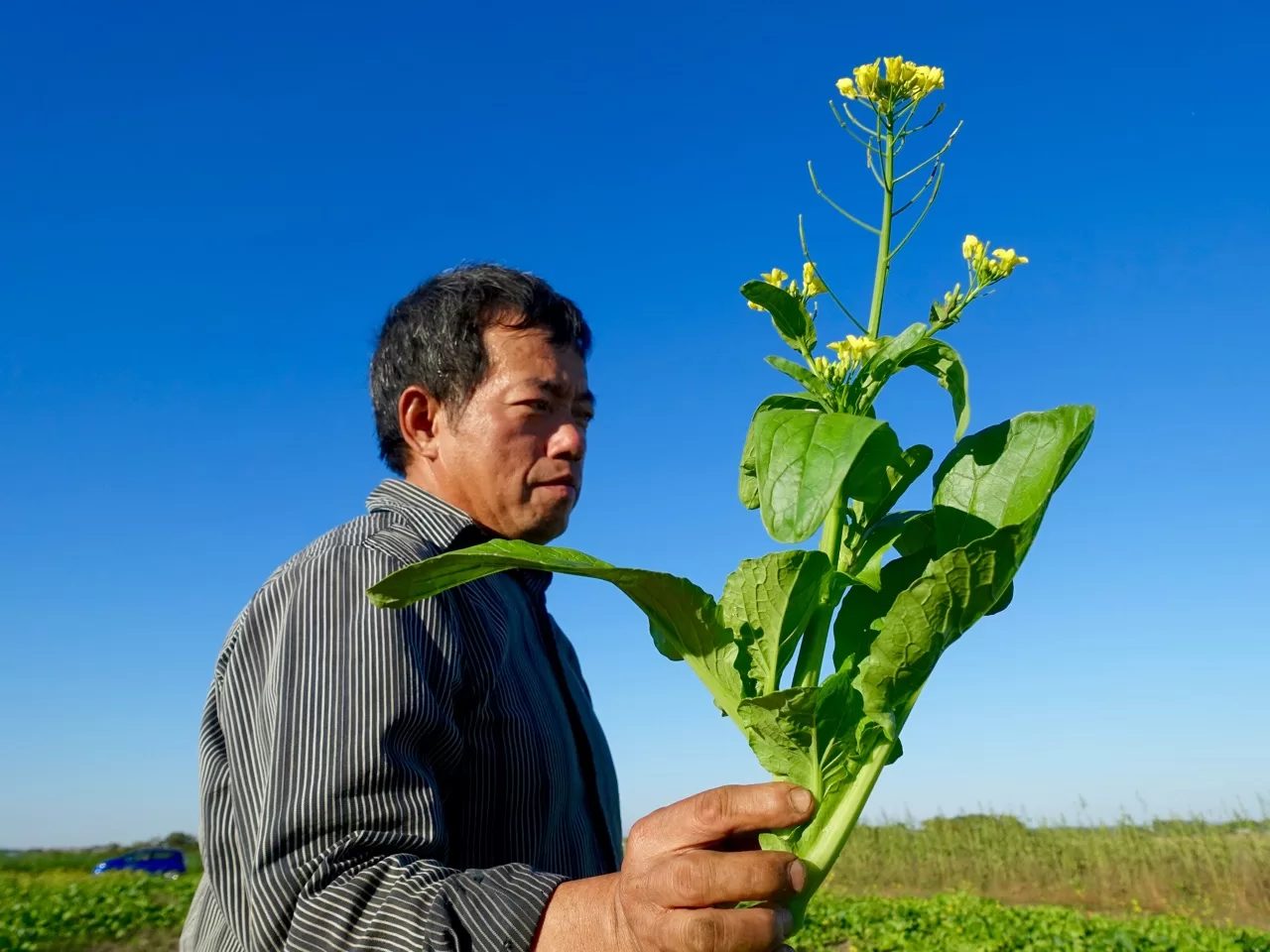
 We are dedicated to advancing the prosperity of Hmong farmers through cooperative endeavors, capacity building and advocacy. HAFA was started and is led by family farmers. Organizing is in our DNA.
We are dedicated to advancing the prosperity of Hmong farmers through cooperative endeavors, capacity building and advocacy. HAFA was started and is led by family farmers. Organizing is in our DNA.